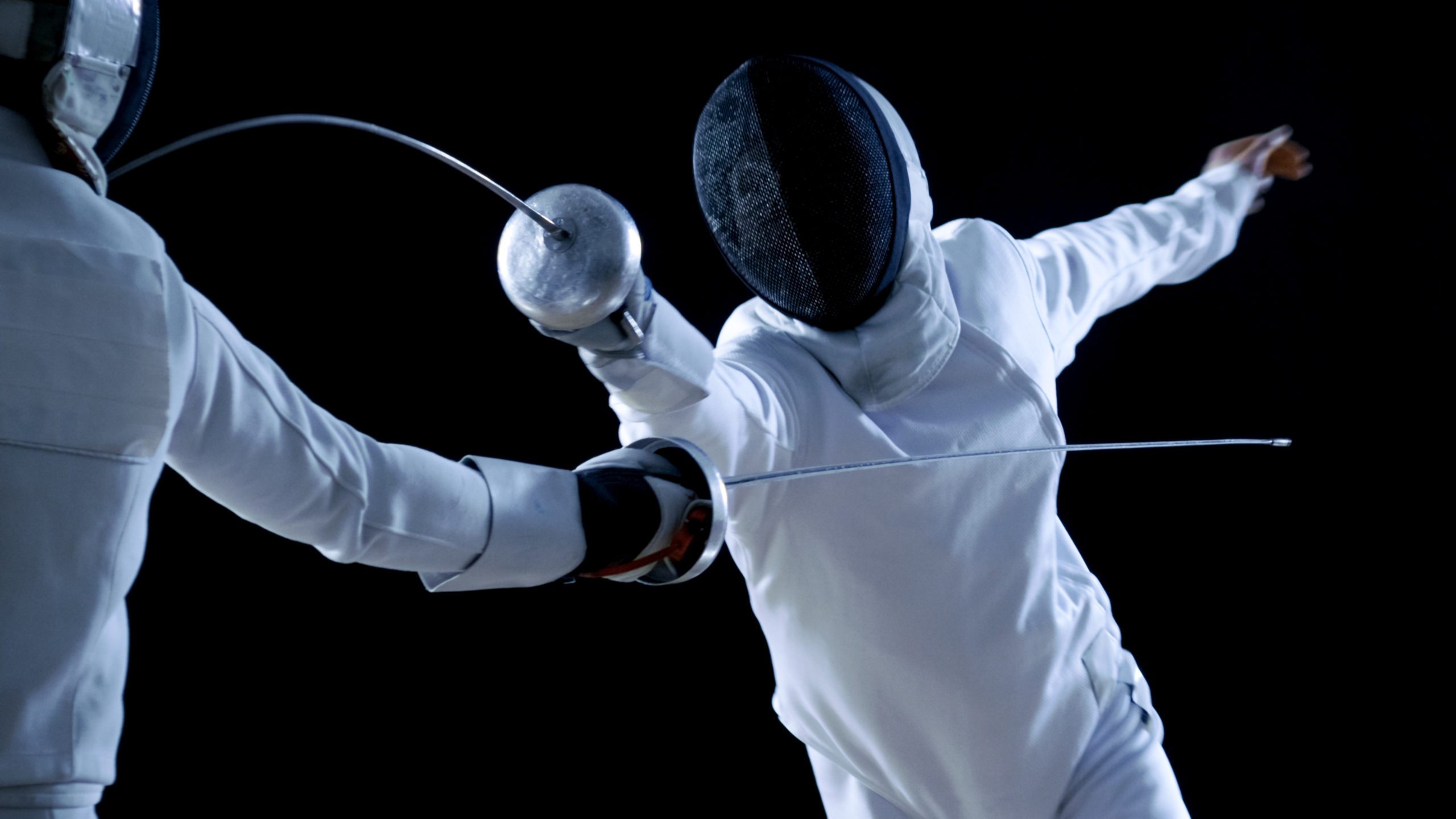What is the process of becoming a master fencer? Is it possible for anyone to become an expert in fencing?
Becoming a master fencer is a demanding journey requiring consistent dedication, physical fitness, and mental focus. Here's an overview of the process:
Early Stages:
- Start Young (Optional): While not essential, many begin in childhood, building foundational skills and athleticism early.
- Join a Club: Find a reputable fencing club with qualified instructors. They will introduce you to the basics, including footwork, bladework, and safety.
- Learn the Fundamentals: Master footwork, lunges, blade control, parries, ripostes, and basic tactics. This usually takes years of consistent practice.
- Compete in Tournaments: Start with local age-appropriate competitions to gain experience and test your skills under pressure.
Development Stages:
- Specialize in a Weapon: Choose your preferred weapon: foil, épée, or sabre. Each demands unique tactics and skills.
- Train with Advanced Coaches: Seek expert guidance from experienced coaches who can help refine your technique and strategy.
- Increase Training Intensity: Dedicate several hours weekly to practice, including individual lessons, group classes, and fitness training.
- Compete Regularly: Participate in regional, national, and international competitions to face diverse opponents and gain valuable experience.
Mastering the Art:
- Continuous Learning: Always strive to improve your technique, tactics, and mental game. Analyze your performance, learn from mistakes, and adapt your approach.
- Build Mental Fortitude: Develop focus, composure, and resilience to control emotions and perform under pressure.
- Seek Mentorship: Learn from experienced fencers and masters to gain insights and refine your understanding of the sport.
- Contribute to the Community: Share your knowledge and passion by helping others learn and grow in fencing.
Accessibility:
Becoming an "expert" is subjective. Reaching high competitive levels like the Olympics requires exceptional talent, dedication, and resources. However, anyone with passion, commitment, and proper training can develop skilled fencing abilities and enjoy the sport immensely.
Factors to Consider:
- Age: While starting young can offer advantages, commitment and aptitude at any age are crucial.
- Physical Fitness: Fencing demands agility, speed, and stamina. Conditioning is essential for success.
- Financial Resources: Lessons, equipment, and travel for competitions can be costly. Explore scholarship opportunities and budgeting strategies.
- Mental Fortitude: Fencing requires focus, discipline, and resilience to handle pressure and setbacks.
Remember: The journey matters as much as the destination. Enjoy the process of learning, connect with the fencing community, and set realistic goals based on your dedication and resources. Fencing offers a rewarding experience for anyone willing to commit to the pursuit of mastery.

Comments
Post a Comment
Thanks